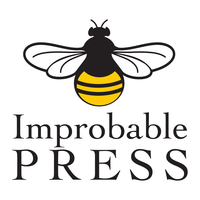By Yvonne Knop
I met Arthur Conan Doyle for a casual and comfortable lunch in the Oscar Wilde Tea Room of the famous Café Royale. He looked exactly as I imagined him to look, a stout man with a mustache. I knew the moment had come where I had to explain that I had used his famous character Sherlock Holmes for one of my novels – without asking for permission or paying any royalties.

"I read your book," he said in an almost unimpressed voice.
I sat down and looked at the cup in front of me, already filled with tea and milk. "So, what do you think? Did I portray him right?"
"He is the work of your main character's imagination; I doubt he has to be my Holmes. I like the modern setting. Holmes in a queer story wouldn't have been possible in my days."
The waiter put our sandwiches on the table.
"Is he queer or straight?" I asked while taking one.
Doyle took a sip of tea and dried his mustache with a white napkin. "Who? Holmes?"
I nodded.
"The evidence for both sides is evenly matched, I suppose, and sexuality was not a major part of Victorian society. What does Sherlock Holmes mean to you?"
"For me he stands for a clever and analytic mind that looks beyond stereotypes and the obvious facts."
"There you have it. Sexuality doesn't matter. What matters is what he means to you."
We both smiled and continued our tea and sandwiches in the golden mirrored room.
